As a Tower Hamlets Councillor in East London, there have been a lot of questions raised. Why Palestine? What relevance does it have locally? Below is my answer.
Following the dehumanizing experience of the ‘Age of Empire’ and the horrors of the 20th century. Despite the advance of ‘history’ in human rights and international law, Palestine reminds us in the 21st century that much work still needs to be done, both at home and abroad.
Meeting Edward Said in London
“The history of the world is none other than the progress of the consciousness of freedom.” – G.F.W Hegel (1770-1831)
One of the memorable moments I have from my time at the School of Oriental and African Studies (SOAS) is meeting the Palestinian activist and academic Edward Said. An intellectual giant of modern time, whose seminal text ‘Orientalism’ is still taught as a standard text at universities, decades after its publications.
When asked to summarise the arguments in Orientalism, he replied, “one has to distinguish between Liberal rhetoric and liberal realities.” He went then on to explain, “Tocqueville, the author of ‘Democracy in America’, was a proponent of France’s brutal Algerian colonial project. And Mills, the author of ‘On Liberty’, supported British rule in India.”
The contradiction of the above authors, was part of a wider European project. As rights and liberties advanced in domestic societies in the global north, simultaneously we witnessed the expansion of Empire and the systematic subjugation of populations in the global south. An exercise in hypocrisy supported and aided by a process of dehumanisation, othering. That somehow, colonial subjects were some form of lesser human beings.
The consequences of such dehumanisation, can be found in the millions of deaths, referenced in the footnotes of historical works, and today in existing economic inequalities between the global north and global south.
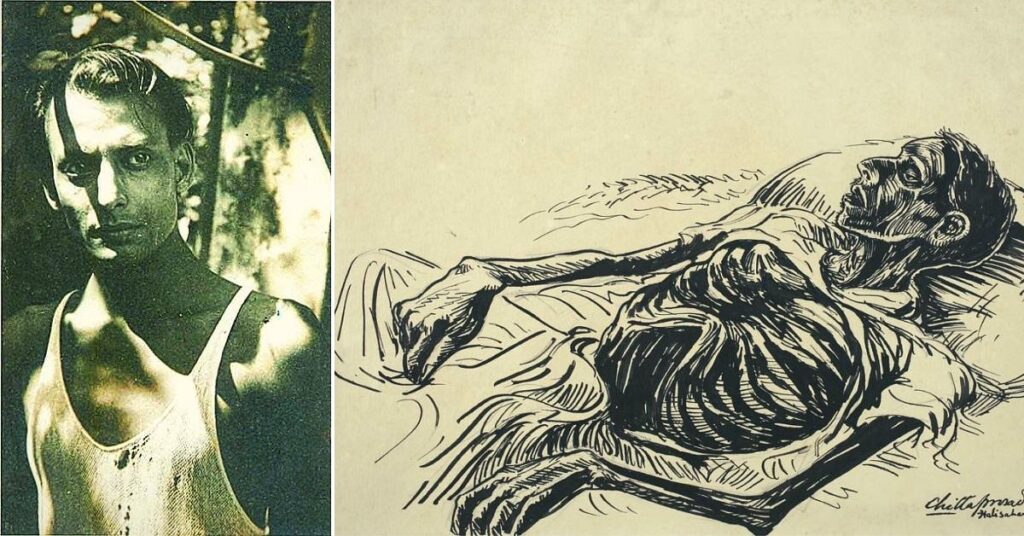
“If only one man dies of hunger, that is a tragedy. If millions die, that’s only statistics.” – Joseph Stalin (1878-1953)
The Empire Strikes Back in East London and Palestine
In one sense, history has come a full circle. The East End, was in the past was where the goods and merchandise of the Empire were stored. Now it houses migrant communities whose roots are in past colonies. Living amongst the working-class communities that historically worked in the docks and warehouses of Empire. But in some sense it has not, the grinding poverty, racial discrimination, seen recently in the high Covid-19 deaths. The trenches dug recently during the pandemic, in local cemeteries is an illustration of the effects of such dehumanisation. Here at home in the United Kingdom, in the third-richest borough of the 6th largest economy in the world. People with protective characteristics, whose right to public services, on paper are guaranteed by law.
When it comes to the victims of disproportionate military attacks by Israeli military forces, we see dehumanisation. According to International Humanitarian Law, military authorities must distinguish between military and civilian targets and be proportionate in their response. Yet when it comes to mainstream discourse, in politics and the media, victims are referred to in terms of numbers, or in ellipses with a passing reference of ‘air strike’ or ‘military strikes’.

The onward march of ‘History’
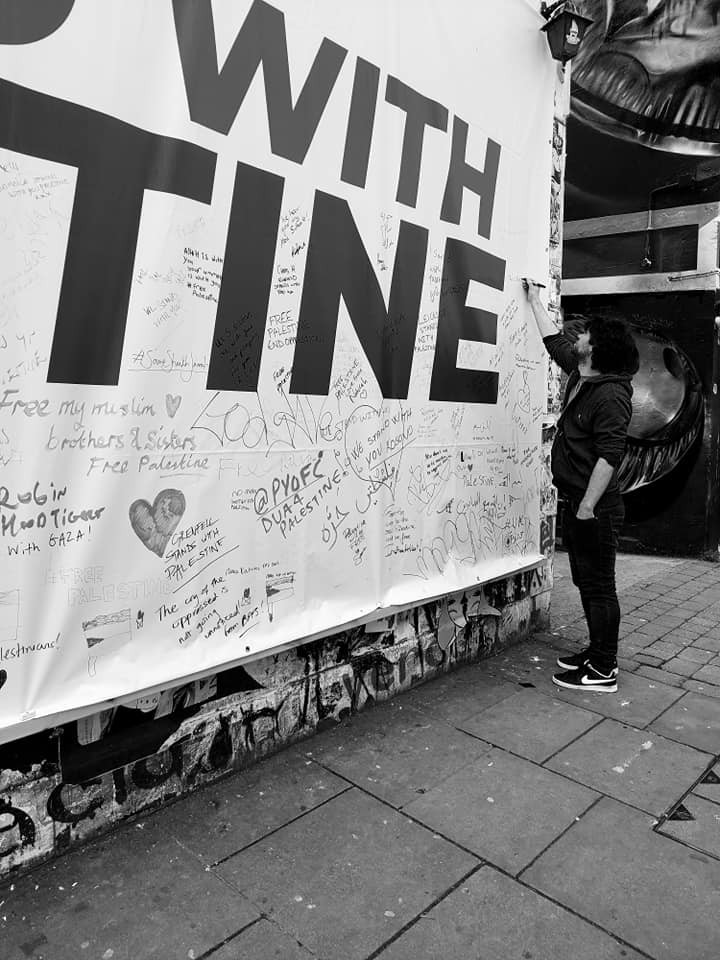
Both the struggles in East London and Palestine are linked. Both a product and consequence of Empire, suffering from the residue of the colonial dehumanising project. Linked to a global struggle, along the moral arc of the universe, eventually bending towards justice…
Article I – Men are born and remain free and equal in rights. Social distinctions can be founded only on the common good. –Declarations of the Rights of Man and Citizen (1789)

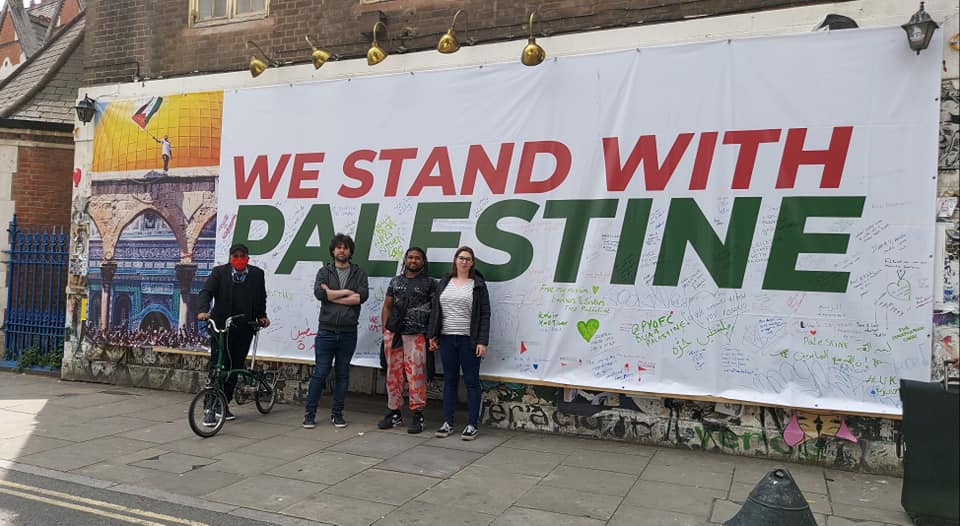
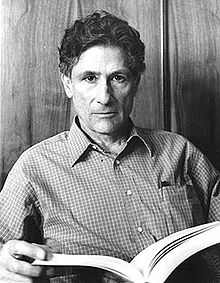
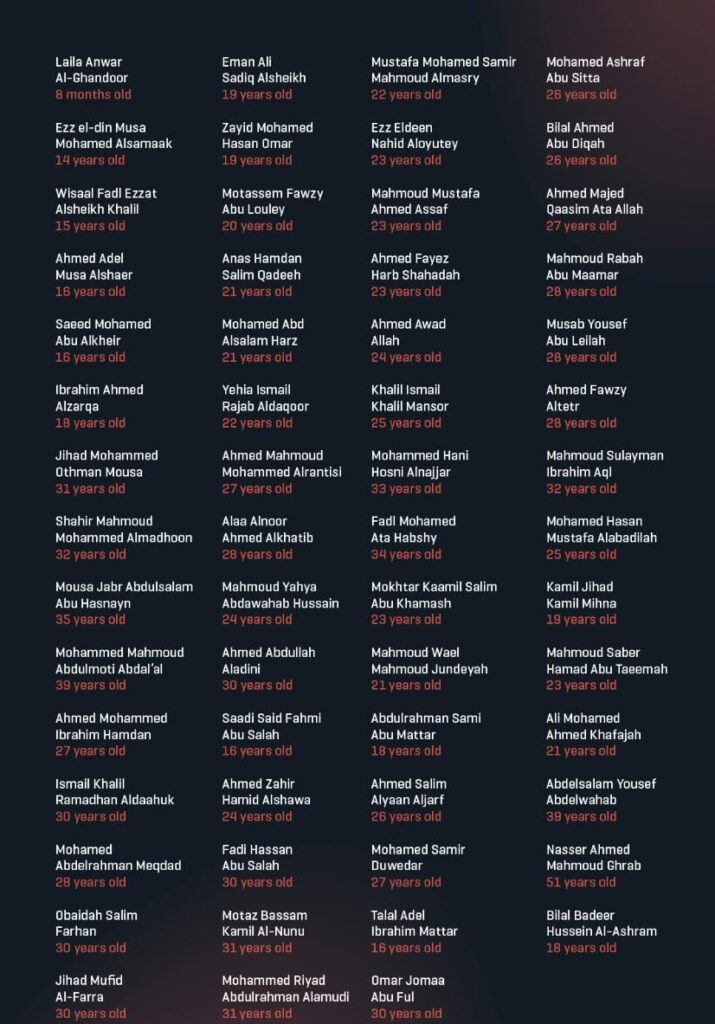
Recent Comments